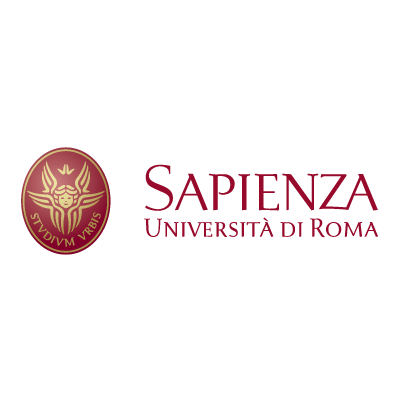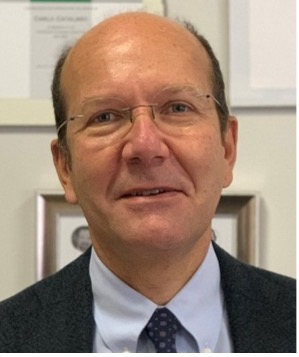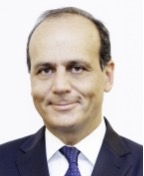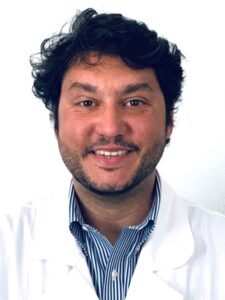La Sapienza University of Rome is one of the largest universities in Europe, and one of the oldest worldwide, having been founded in 1303. It comprises 11 faculties and 58 academic and research Departments. Sapienza is involved actively in high quality national and international projects with 123 collaborative projects, 67 MSCA actions and 35 ERC grants funded under Horizon 2020 and even more successful projects funded through national calls such as PRIN, National Technological Cluster, Competence Centers.
The radiology units of two of the primary academic hospitals of La Sapienza University, Policlinico Umberto I and Sant’Andrea Hospital, are headed by Professor Carlo Catalano and Professor Andrea Laghi, of the Department of Radiological Sciences, Oncology and Pathology, and the Department of Medical Surgical Sciences and Translational Medicine, both participating in the EUCAIM project.
Both departments are highly involved in oncological research leveraging Artificial Intelligence, Computational Medicine and Network Medicine approaches for precision medicine, empowered by the extensive collaborations with other departments such as Computer Science and Engineering.
The Department of Radiological Sciences, Oncology and Pathology is part of the interdisciplinary Research centre named STITCH (Sapienza information-based Technology InnovaTion Center), that has a long-lasting collaboration with international networks such as the Network Medicine Institute Corp., the Foundation European Institute of Network Medicine and Harvard Medical School.
The Radiology Unit of Policlinico Umberto I is a high-volume referral imaging center with a long-standing experience in oncological imaging and a renowned research pedigree on advanced imaging techniques for precision medicine in oncology, radiomics, artificial intelligence, quantitative imaging, and Network Medicine.
The Radiology Unit at Sant’Andrea Hospital of La Sapienza University of Rome, headed by Prof Andrea Laghi, comprised world renown professionals on oncological imaging, with a particular expertise in rectal cancer and the development and use of MRI biomarkers in the assessment of response to therapy in rectal cancer. Through the combination of clinical, teaching and research, Sant’Andrea is a reference hospital for the study, diagnosis and care on clinical oncology among others clinical specialties. Three last generation CT scanner are available for in and out patients. Radiomic and texture software are available in the department for the data analysis and feature extraction.
Role of institution in the project
Sapienza contributes to the project’s Work Package 7, Task 7.1b: Data incorporation use cases from consortium partners.
Sapienza brings its expertise in advanced oncological imaging and computational and precision medicine to contribute as a data provider, by defining a set of use cases for the project’s digital platform, including: identification of imaging biomarkers from CT or MRI studies of the liver in patients with HCC predicting response to interventional procedures, using texture analysis and iFlow as a benchmark; identification of image biomarker for identification of cardiac comorbidities in Patients affected by NAFLD/Cirrhosis; characterization of MRI foci suspicious for prostate cancer.




